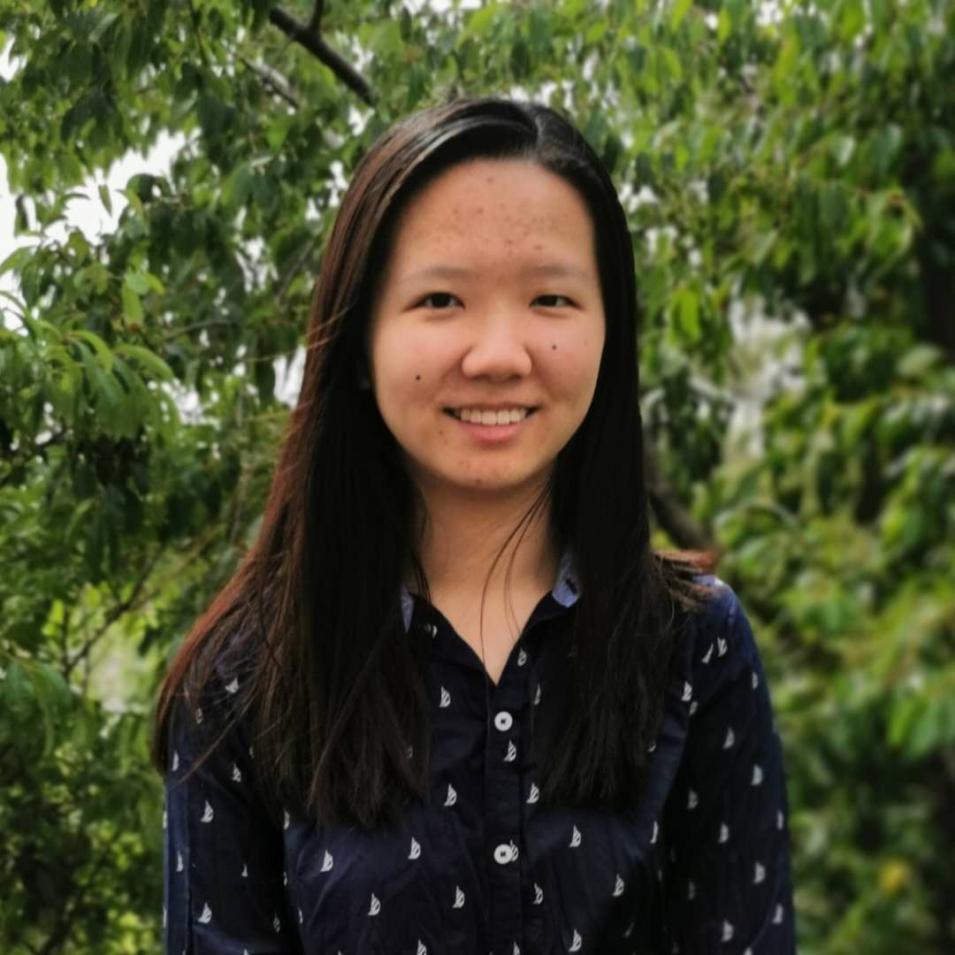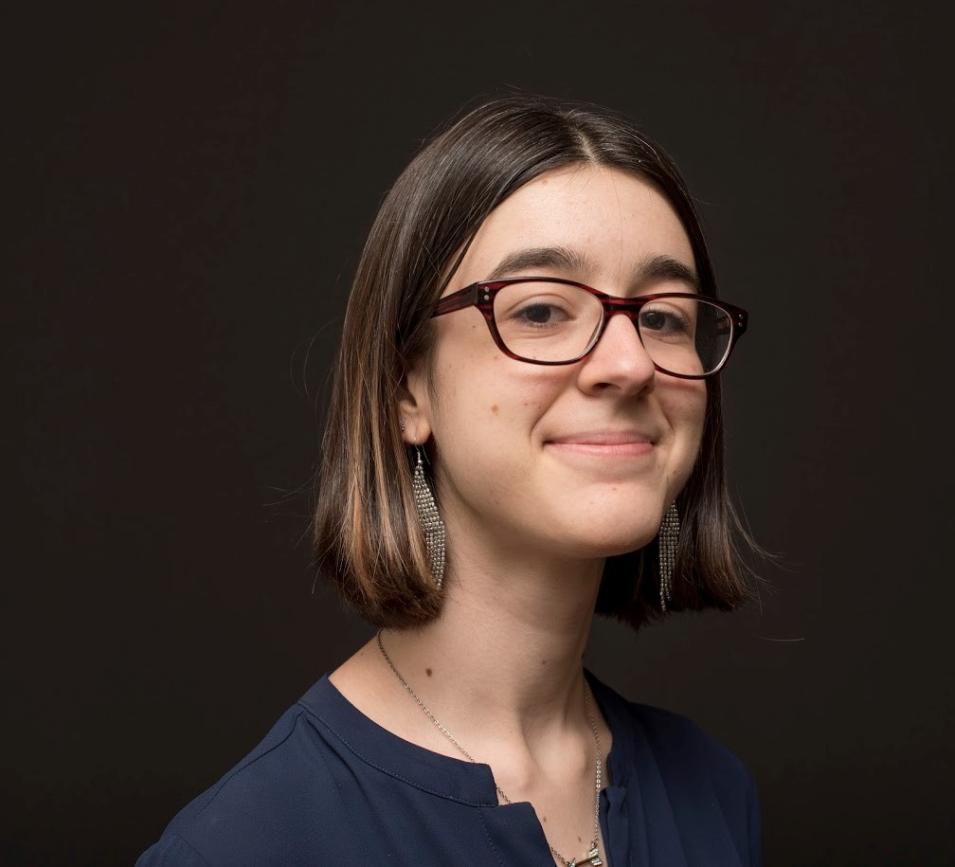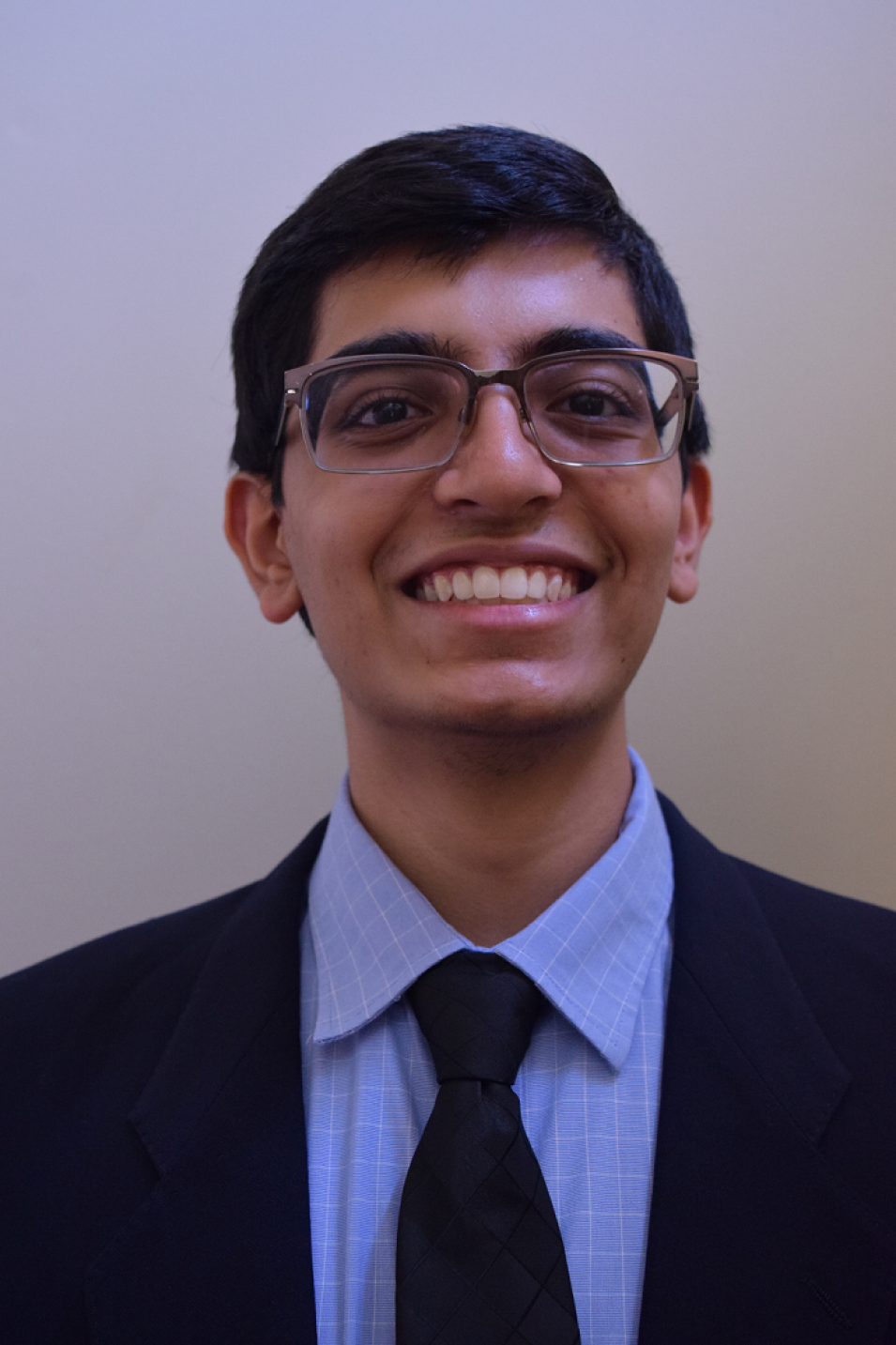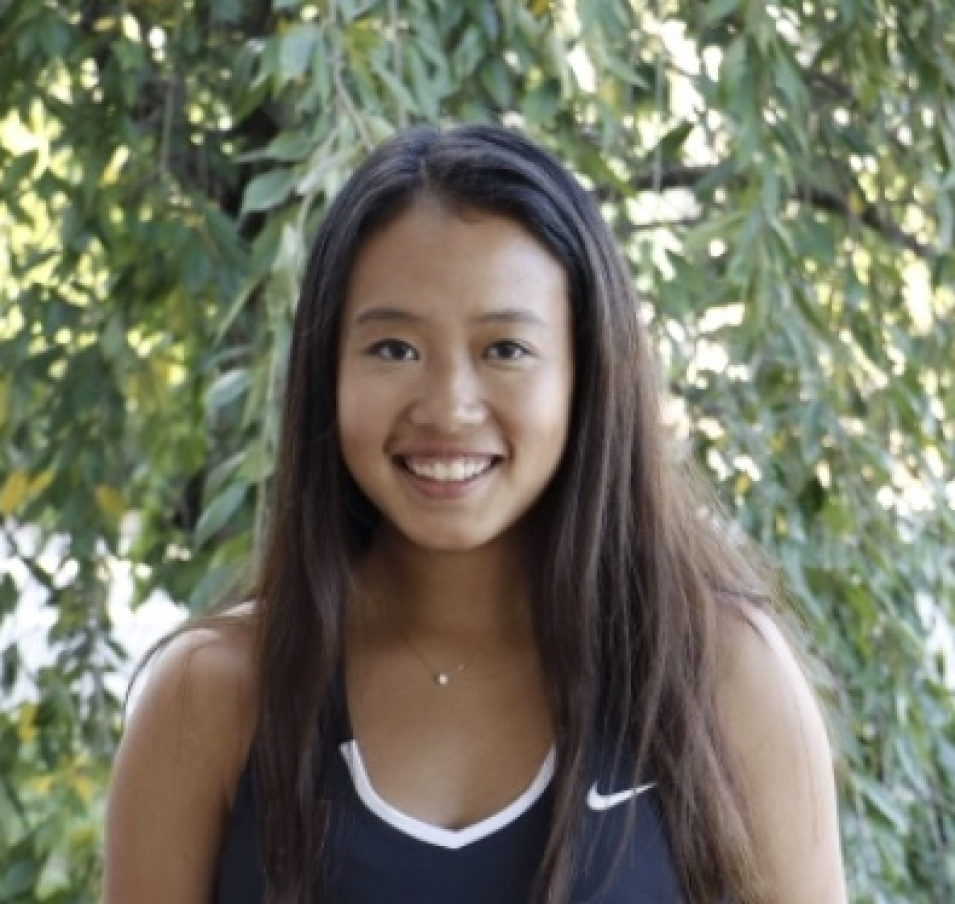Lauryn also was not surprised at the shift to a virtual internship. “I knew the internship was either going to be online or canceled,” she recalls. “I was actually relieved to hear that the program was continuing virtually. Switching to a virtual internship made sense given the situation.”
For both Lauryn and Abhinav the lack of social interaction is a missing component this summer. “It’s not as bad as I thought it would be; most of the work can be done on our home computers,” Lauryn says. “Still, this summer lacks the social interaction that you would normally have, like being able to ask your mentors a question and having them be physically available nearby. Also, of course, being able to interact with other interns.”
Abhinav agrees with the lack of intern interaction. “One challenge is connecting with other interns,” he says. “When I was on-campus, we would have lunch together pretty much every day. There are still ways around this, I guess. We have remote talk sessions, but it’s not really the same.”
Lauryn and Abhinav’s three mentors also are dealing with the challenges of a virtual internship. “One aspect that I really miss by doing this virtually is the chance to talk with them personally, face-to-face,” says GES DISC computer engineer/systems engineer Long Pham. “I think the social aspect of the internship is important. Not being able to sit and discuss technical details with the interns or do something as simple as taking them to lunch is tough on everybody.”
Dr. Bill Teng, a GES DISC principal scientist, agrees. “Technology helps mitigate this down-side, but it’s the best we can do under the circumstances,” he says. “We’re pretty much restricted to the VPN [virtual private network].”
“I like to work on the whiteboard – face-to-face with the interns – discussing, for example, deep learning algorithms,” says GES DISC data scientist Arif Albayrak, Lauryn and Abhinav’s third mentor. “Sometimes it’s difficult to do everything online. This sort of work and interaction, such as showing our interns our [Earth Observing System] mission centers, just isn’t happening this summer.”
All three mentors, though, are quick to note the contribution of Lauryn and Abhinav’s work to GES DISC. “Having these interns really helps us move forward,” says Dr. Teng. “Ultimately one of our goals is to enable the GES DISC search engine to become a smarter one. Having interns like Abhinav and Lauryn has been really important in keeping the forward motion going.”
Back at the ESDIS Project office, Maggie’s mentor Dr. Lynnes points out another valuable aspect of work done by the interns. “I often design intern projects so that the interns will be blazing new territory that we have not gotten into—or had the time to get into—at the ESDIS Project,” he says. “It’s an opportunity to explore new technologies to see what they can offer us. What often happens is that I end up learning as much, sometimes more, than the intern learns from me.”
As the ESDIS and DAAC virtual summer internships come to an end, the interns know that their virtual experience likely will continue as they prepare to return to their respective schools. During this unique summer, both interns and their mentors gained valuable lessons-learned about ways to foster effective communication, support a team whose only interaction is via computer, and maximize the limited resources of a home office.
What is perhaps more important, though, is what is being left behind after an intense summer of work. By coming together virtually, connected only by a computer and a VPN, interns and mentors were able to contribute to the future of NASA’s ESDIS Project and make EOSDIS data more usable.
“You know, there’s a lot of clout to being able to put on your resume that you worked for NASA,” says Sara’s mentor Chris Mishaga. “Whether you stay with NASA or not, I guarantee you employers are going to notice that and they’re going to respect that. You probably did something there that was meaningful.”



